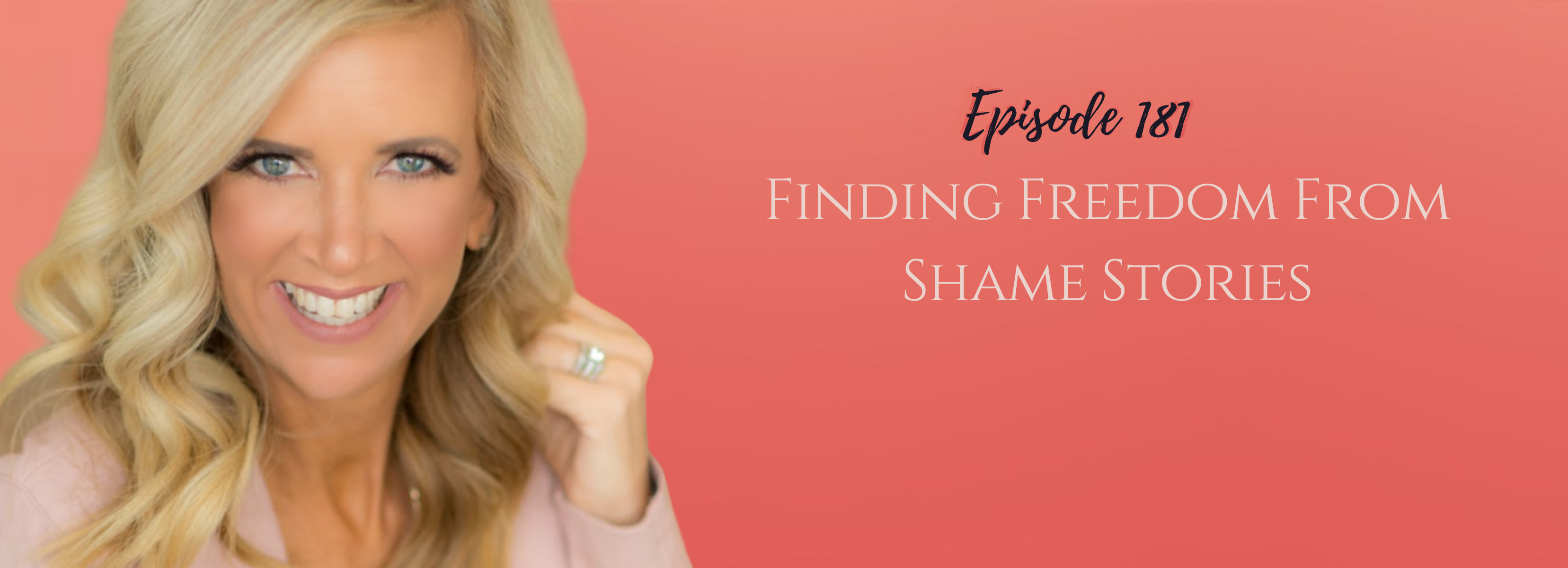
FINDING FREEDOM FROM SHAME STORIES WITH RACHEL HALL MS., LMHC| 10.5.2022
In this episode, Kristen talks with Rachelle Hall Rachel Hall, MS., LMHC. Rachel is a Licensed Mental Health Counselor, EMDR and Brainspotting-Trained, about shame and how to break free from it so you can move from thriving to surviving.
You'll Learn
- The difference between shame and guilt
- The root of shame and its impact
- How to move through shame
Resources
For counseling services near Indianapolis, IN, visit www.pathwaystohealingcounseling.com.
Subscribe and Get a free 5-day journal at www.kristendboice.com/freeresources to begin closing the chapter on what doesn’t serve you and open the door to the real you.
Subscribe to the Close the Chapter YouTube Channel
This information is being provided to you for educational and informational purposes only. It is being provided to you to educate you about ideas on stress management and as a self-help tool for your own use. It is not psychotherapy/counseling in any form.